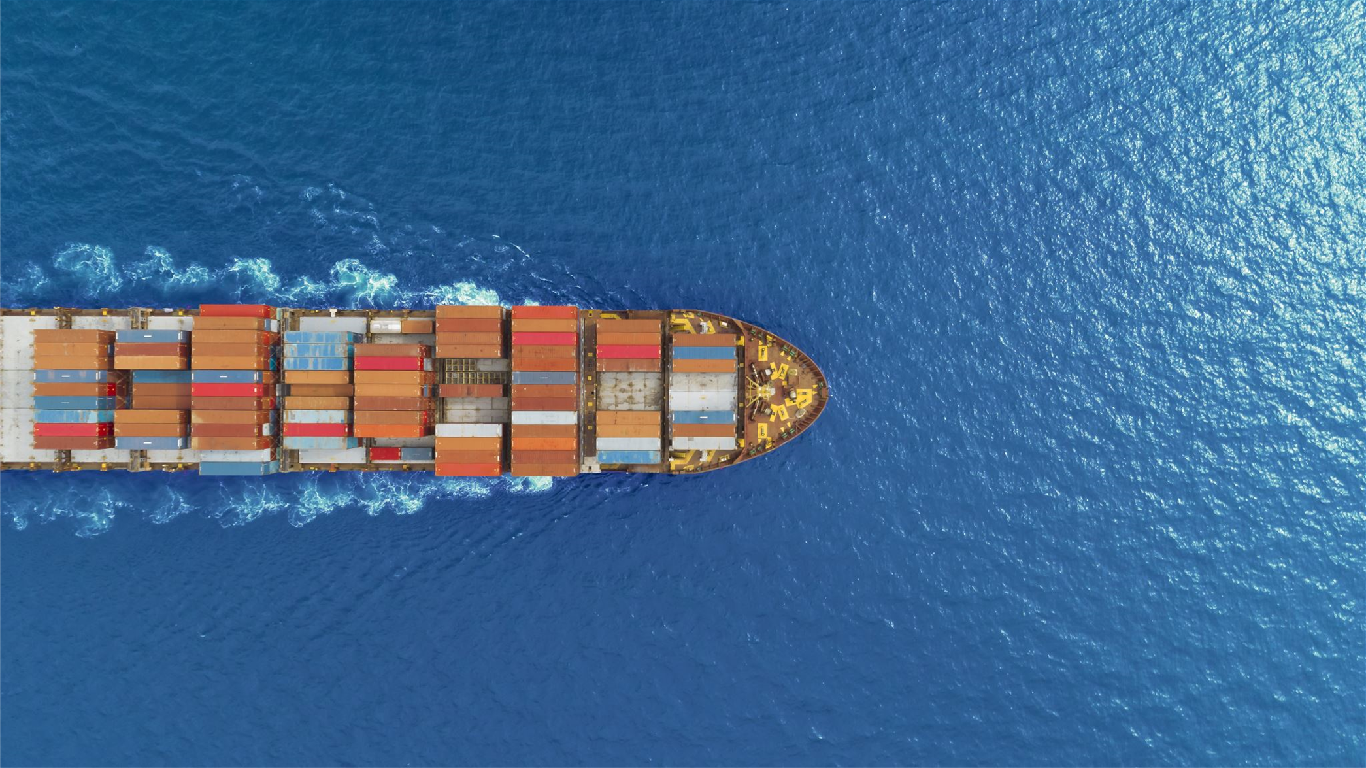U.S. – Bahrain Free Trade Agreement
The United States-Bahrain Free Trade Agreement (FTA), which entered into force on January 11, 2006, generates export opportunities for the United States, creating jobs for U.S. farmers and workers. The agreement also supports Bahrain’s economic and political reforms and enhances commercial relations with an economic leader in the Arabian Gulf. On the first day the agreement took effect, 100 percent of the two-way trade in industrial and consumer products began to flow without tariffs.
Because of the FTA, U.S. farmers have significantly increased their agricultural exports to Bahrain. In addition, Bahrain opened its services market wider than any previous FTA partner, creating important new opportunities for U.S. financial service providers and companies that offer telecommunications, audiovisual, express delivery, distribution, healthcare, architecture, and engineering services.
Rules of Origin
Articles can qualify by either being wholly grown/produced/manufactured in a party or by substantial transformation with a value-added content. There are also a few articles that have specific rules of origin.
Apply to any article if:
(a) that article is wholly the growth, product or manufacture of a Party or is a new or different article of commerce that has been grown, produced, or manufactured in a Party:
(b) that article is imported directly from one Party into the other Party; and
(c) the sum of
- (i) the cost or value of the materials produced in the exporting Party, plus
- (ii) the direct costs of processing operations performed in the exporting Party
is not less than 35 percent of the appraised value of the article at the time it is entered into the other Party.
For definition of the above terms, see Final Text at USTR-U.S.-Bahrain FTA.
In addition to the above rules of origin, there may be other ways to qualify your product:
- Accumulation may allow the producer to reduce the value of the non-originating materials used in the production of the good.
- De Minimis allows the exporter to disregard a very small percentage of non-originating materials the do no meet a tariff shift rule.
- Direct Shipment are goods which must be shipped directly from one FTA party to another FTA party.
- Fungible Goods and Materials refers to goods or materials (components) that are interchangeable for commercial purposes and whose properties are essentially identical.
- Indirect Materials are goods used in the production, testing, or inspection of a good but not physically incorporated into the good.
Claiming/Documenting Origin
Importer shall be prepared to submit to the customs authorities of the importing country, upon request, a declaration setting forth all pertinent information concerning the production or manufacture of the article.
Key Links/Resources
- USTR-U.S.-Bahrain FTA
- Textiles Overview
- CBP Side-by-Side Comparison of FTAs
- U.S. Commercial Service
- FTA Tariff Tool
- FTA Help Center
